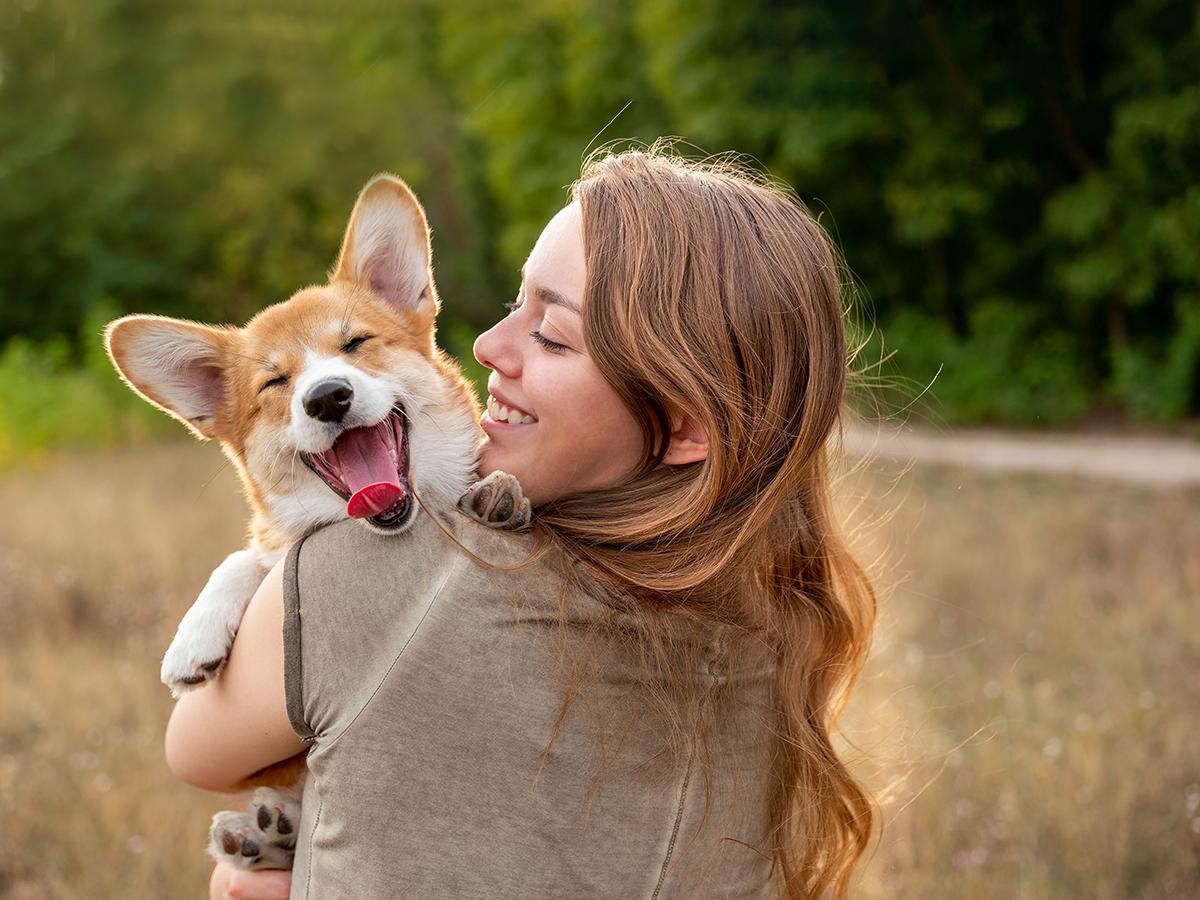"Is your dog auditioning for the role of Sneezy in the next Snow White remake? If not and yet if your canine buddy seems to be sneezing more than the cast of an allergy medication commercial, there should be something wrong. Here’s what you need to know about it.
Sneezing in dogs is common. But unless your dog thinks that it is communicating with other dogs in some secret sneeze code, there is an underlying medical condition that is causing the over-sneezing.
Why Do Dogs Sneeze?
Sometimes when you see your dog sneeze out of nowhere, it must be just because of a nose irritation. This is just like we end up sneezing when something goes in our nose. For dogs, it could be dust, pollen or something that's got stuck up their nose.
Another reason for dogs to sneeze is actually very interesting – Communication. Yes, just like we humans use sounds like whistles and claps to communicate things, dogs use their sneeze to communicate with other dogs. You would see your dog sneezing when you take them to play with other dogs. They also use sneezes as a signal to show that they need to slow down and take a break. They may even use it to communicate with us at times to show that they are excited and having a good time.
Your dog may also act sassily at times by sneezing just when you are about to offer a meal or take them for a walk. This is their way of demanding attention and asking for what they want. And if they do not get what they want, they may move closer to you and sneeze again just to make sure that you hear it.
While the above causes of a dog sneezing are harmless, it could also be a sign of an underlying sickness. When these one-time sneezes become frequent, you need to start worrying. Some causes include – (1)
Allergies
Dogs have an excellent sense of smell. You would know this by now by watching all the crime movies where the police dogs become the heroes by leading the police to the clues. But because of this, they end up attracting ragweed, mold, or tree pollen up their nose. These can cause allergies for them leading to long-term inflammation and swelling in the nose causing persistent sneezing.
Infections
Rhinitis and Sinusitis are two common infections that can harm your dog’s nose. They cause swelling and inflammation in the nose making it difficult for the nose to filter air. This exposes them to heavier loads of dust and other irritants. More the irritants, more the sneezing.
Nasal Mites
These are tiny insects that get stuck in dogs’ noses. Larger breeds and adult dogs are more prone to get these. If your dog is having difficulty breathing or there’s blood leaking from their nose or if there’s frequent head shaking and face scratching, there could be a chance of these canine nasal mites in your dog’s nose.
Tooth root abscess
Chewing on hard things like bones and furniture can cause your dog’s teeth to chip. This allows bacteria to make a home inside the tissue underneath the tooth and grow into a painful infection called an abscess. If it stays there for long without treatment, the injection can spread to the nose and eyes. The nose may then discharge fluids to flush the bacteria out causing your dog excess sneezing.
Tumors
Although rare, a nasal tumor can also be the cause for your dog to keep sneezing. It happens when the cells lining your dog's nose multiply out of control. These cells grow into masses that clog your dog's airways, prompting them to sneeze. Smoking causes cancer. We know that dogs don’t smoke. Or don’t they? In urban living, dogs are exposed to smoke from cars, industries, and our cigarettes. These can lead to nose cancer for them. It may cause nasal discharge and make breathing difficult, leading again to persistent sneezing.
Why Do Dogs Reverse Sneeze?
We humans let the air out when we sneeze. So do dogs. But sometimes, dogs end up pulling the air rapidly into their nose. This is called as a reverse sneeze in dogs. Any irritation, swelling or obstruction in your dog’s mouth, throat or nose can cause this. It may seem odd and scary for you but it helps them dislodge their nose. Overweight dogs and the ones with flat faces or brachycephalic dogs are more prone to reverse sneezing. You should not be worrying here if you see it once. However, if the episodes keep occurring, you may want to see a vet.
When Should You See a Vet?
As mentioned above, a single sneeze is not an indication of something being wrong with your dog. However, you may want to see our vet if you notice the following –
Constant sneezing throughout the day
Signs of discomfort such as loud whining
Runny nose with a bloody discharge
Mouth breathing
Your dog pawing at its face continuously
Irritation or aggression when someone tries to scratch their head
While you look for these signs, there are others that may indicate an underlying medical condition for your dog. These include –
Coughing or wheezing
Waxy ears
Excessive shedding
Red patches on the skin
Constant paw licking
Constant butt-scooting on the floor
It is recommended that you see a vet immediately if you notice any of the above signs.
More About Spot Pet Insurance
Once you go to the vet, it may not stop at one visit. The treatment may need medications, follow-up visits, surgeries, alternate therapies, etc. Severe medical conditions like tumors could also need hospitalisation. While these can prove to be dangerous for your four-legged buddy, it could also put a big dent in your savings. But with pet health insurance, you can save up to 90% of all these costs.
Dog Insurance can help provide financial assistance for eligible veterinary care in case of unexpected accidents, illnesses, or injuries. Our plans can help pet parents manage the eligible costs of covered veterinary care and help ensure that their pets can receive the best treatment possible. Here are some ways that Spot pet insurance plans can help:
Covers Unexpected Veterinary Costs: Spot pet insurance plans cover the eligible costs of unexpected veterinary treatments, such as emergency surgeries, X-rays, and prescription medications for covered conditions.
Customizable Plans: Choose your annual limit, reimbursement rate, and deductible from a range of options, and create the plan that will fit the needs of your pet and your budget.
Peace of Mind: With Spot pet insurance plans, pet parents can know that they can provide the best care for their pet with less worry about the cost.
To learn more about Spot Plans or to get a free quote, click here.

I've had the privilege of immersing myself in the realm of pet safety. As the owner of an energetic mini golden doodle, I know just how stressful being a pet owner can be. I am dedicated to ensuring our beloved pets enjoy a life brimming with good health.
Swaim, E., McKnight, S., Swaim, E., & McKnight, S. (2023, February 24). 8 reasons your dog is sneezing a lot, from nasal infections to tumors, and when to take them to the vet. Business Insider. https://www.businessinsider.com/guides/pets/dog-sneezing-a-lot?IR=T
Why does my dog sneeze so much? | The Kennel Club. (n.d.). https://www.thekennelclub.org.uk/health-and-dog-care/health/health-and-care/a-z-of-health-and-care-issues/why-does-my-dog-sneeze-so-much/












